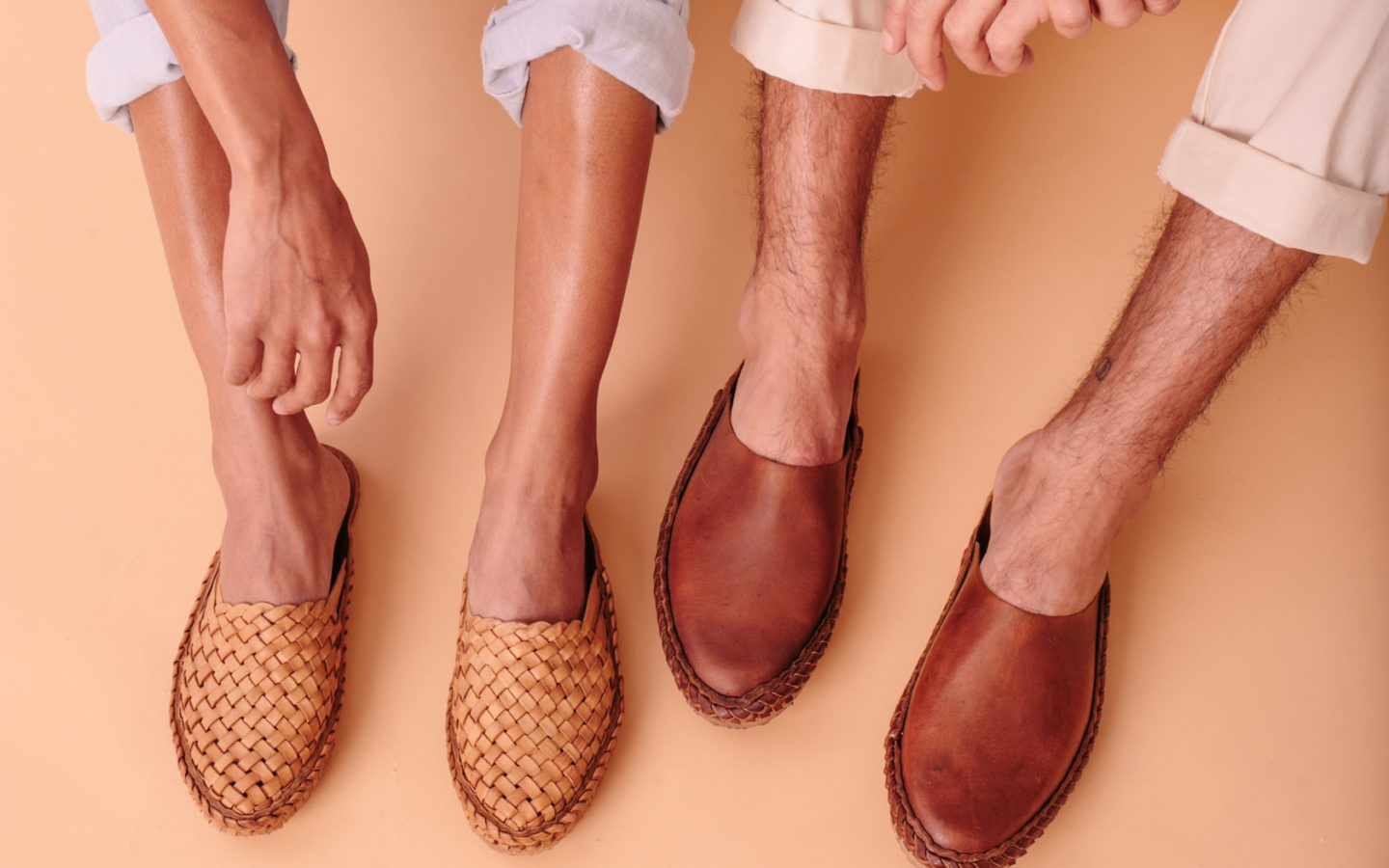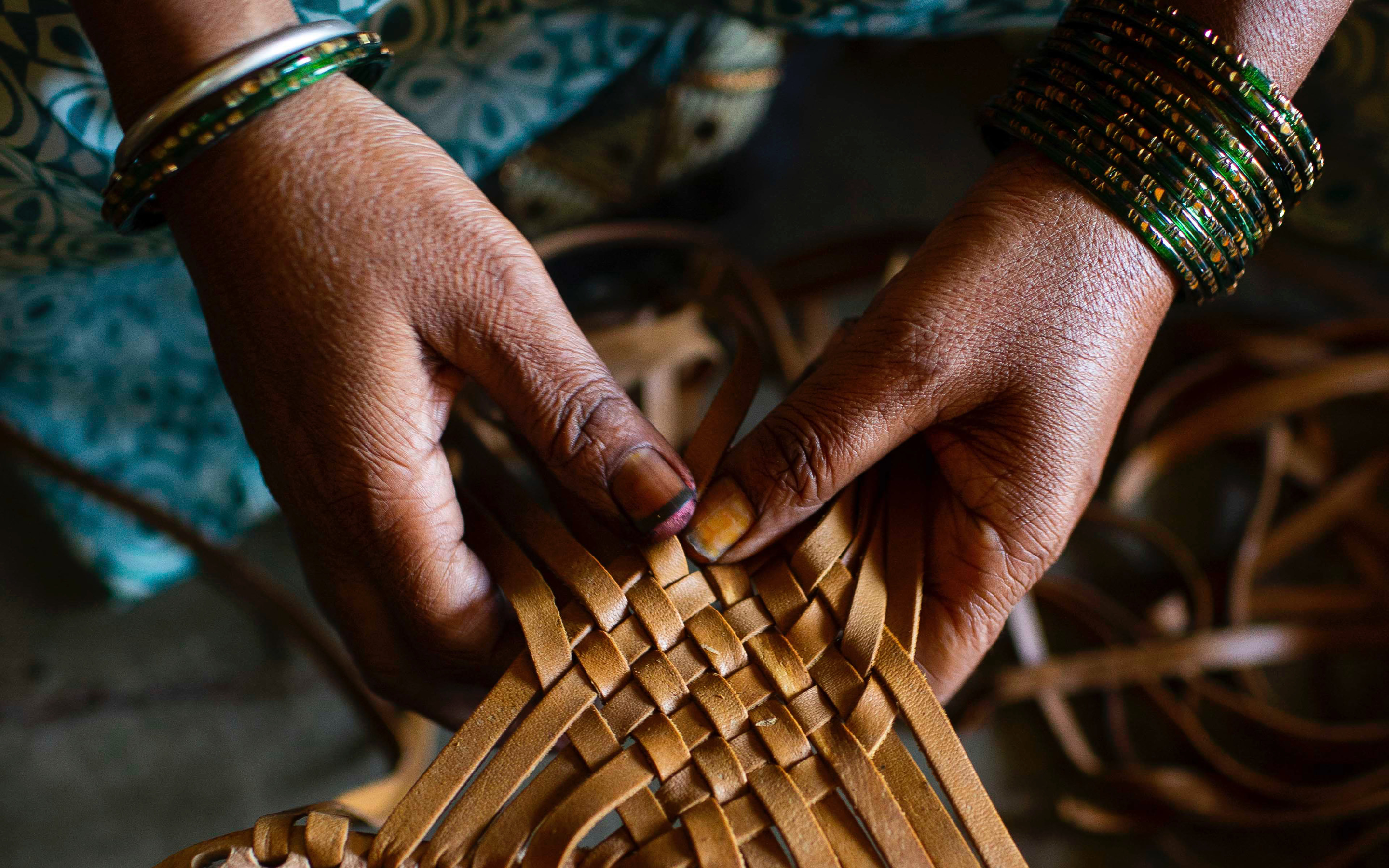What if we could celebrate other cultures while supporting the people behind them? In this article, we take a look at the impacts of appropriation on an economic level, and spotlight one brand who has shown us what it means to truly respect people from another land.
Cultural appropriation is such a loaded topic, just saying the words has me digitally backpedaling as I write this article. Finding the line, knowing where it is, and being conscientious enough to see it and avoid stepping over it, has become a dance that the internet world has taken to squabbling about, like clockwork, every Halloween.
We won’t get into the semantics of what’s okay and what isn’t here, because that’s not what this is about.
What this is about is a startling side to cultural appropriation that, until recently, I had never even considered — the economic consequences of commercializing a culture.

When Culture Gets Mass Produced
It’s not something you really think about, because in truth, everything we wear, eat, and read comes from somewhere. Oftentimes, we buy things not because we’re respective or fascinated by a culture, but simply because we like it.
We don’t know about it, we don’t understand it, we just know that we want it.
And that’s okay — that’s consumerism. That’s normal.
But in a recent exploration of the brand Mohinders, a company who sells handcrafted shoes from India, I realized that there’s something else going on when we buy a cultural item that’s mass-produced in a factory somewhere.
When a pattern or style gets trendy, big fashion manufacturers are quick to send the patterns off to their manufacturers and start cranking them out. We’ve all seen it, and I know I’ve definitely been guilty of buying it: cheap imitations of Tibetan collar necklaces. Beaded moccasins. “Tribal” patterned shirts and dresses.
The same goes for home decor — baskets that are made to look like they’ve been handwoven, African masks that were really mass-produced in a factory in China.

Image by Sana Javeri Kadri
The Problem With Cultural Knockoffs
It feels harmless enough, beyond just the usual American consumerism, but what this process does is rob the actual artisans and creators of these designs from economic opportunity in their own culture.
As the rest of the world produces the patterns and products that are staples of these colorful cultures, the people in them live in poverty, and see none of the profits from their mass production.
They’re left out of the circle of wealth, while the rest of the world wears the patterns and styles that are a hallmark of who they are.

Power to People and Planet: Meet Mohinders
Mohinders is a brand that channels earthy vibes and rustic appeal with their line of handmade shoes. Their warm earthy tones and broken-in look emanate the craftsmanship that goes into every pair — you can almost see the deft hands shaping the leather together.
Mohinders are handmade leather shoes designed in Athani, India, handcrafted by local artisans using biodegradable, sustainable leather. They’re a conscious business making beautiful shoes, and they’ve taught me something about supporting the cultures you admire with your purchases.
Supporting the Cultures We Love
What I really love about Mohinders goes well beyond their well-lived in footwear — it’s the heart and soul of who makes these shoes. The artisans that make Mohinders shoes have made them their whole lives, and Mohinders treats their knowledge and craft with the respect they deserve. They don’t tell them how to do their own jobs, and they don’t reinvent their processes. These shoes are as authentic today as they have been for centuries in these cultures — Mohinders has made sure of it.
Preserving a Beautiful Process
I love handcrafted goods, and Mohinders shoes perfectly illustrate why. These shoes are built to live life with you, to build character through every era, and to age beautifully with every line and blemish in the materials.
They come packaged in organic and recycled materials. As these shoes age, they develop a character all their own, and an appearance that reflects the spirited lifestyle of the wearer.

Conscious Consumerism and Cultural Appreciation
What if instead of worrying about cultural appropriation, we could celebrate cultural appreciation with conscious consumerism?
It’s a big beautiful world out there, full of people living lives we can’t imagine, honing crafts we’ve never seen, and sharing skills that will be lost to manufacturing if we let them.
Let’s save their culture, and let’s do it the way we do best — with respect, with passion, and with conscious consumption.
Which cultures do you like to honor by purchasing their handmade goods? Tell us your story on Facebook or Instagram, and tag us in the post! @AvocadoMattress

Shop Pillows
The Essential Organic Pillow Collection
Gentle, breathable, non-toxic support.






